detail profile jing yang
Peran Yang Di Mainkan Jing Yang
 The original intention of the film...
The original intention of the film...For Love with You 2019
The original intention of the film was that there were four young people who used the lens to record the real life of their grandparents. During the creation process, they learned about the current aging situation in China. There are too many elderly people who lack company. So they decided Use what I have learned to shoot this movie "Everything is Like You". From the perspective of young people, it tells ten stories about "old care, filial piety and respect for the elderly". Their actions have been strongly supported by the older generation of film artists. This shooting is an unforgettable creative journey and a cultural heritage with a mission.
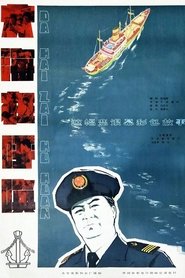 The first post1949 Mainland production to...
The first post1949 Mainland production to...The Sea is Calling 1982
The first post-1949 Mainland production to shoot on location in Hong Kong, this seagoing drama has a dual timeframe connecting pre– and post–Cultural Revolution China, along with introducing one of the era’s most popular movie theme songs. It was a milestone in the career of Mainland film icon Yu Yang (who also directed the film) and provided Paul Fonoroff with what proved to be his largest screen role: a liuxuesheng (foreign exchange student) majoring in oceanography and serving his apprenticeship on a ship helmed by Yu, marking the captain’s return to the sea after the tumultuous Cultural Revolution.
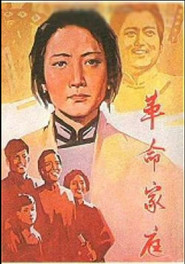 At the age of 16 Zhou Lian...
At the age of 16 Zhou Lian...A Revolutionary Family 1961
At the age of 16 Zhou Lian, who lost her parents at the age of two and was raised by a stepmother, marries Jiang Mei, a progressive young man from Changsha No. 1 Normal School. Jiang Meiqing has also lost both of his parents. The couple has two sons, Liqun, Xiaoqing and daughter Xiaolian. The film follows the family through turbulent times from 1924 to 1930.
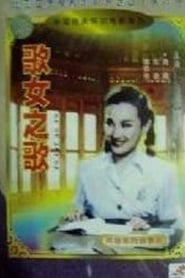 Starring in numerous singing films Zhou...
Starring in numerous singing films Zhou...Song of a Songstress 1948
Starring in numerous singing films, Zhou Xuan was one of the most beloved singers in both cinema and recording industries for her 'golden voice'. Popular nightclub singer Zhu Lan (Zhou) is originally in love with impoverished painter Fang Zhiwei (Gu Yelu), but is taken advantage of by rich playboy Ye Chunhua (Wang Hao) at her most vulnerable time. To add to her misfortune, Zhu discovers her being an adoptee. She also learns the heartbreaking truth about her birth parents which intertwines with her own life across generations. Eventually, irreversible tragedy awaits with revenge exacted for past wrongs. In a case of art imitating life, the songstress's life and upbringing resemble Zhou Xuan's own, making the film even more heart-wrenching. The 'Song Fairy' Chen Gexin composed the film's entire music with six songs sung by Zhou. 'Song of a Songstress', sung towards the end of the film, adds poignancy to the film with its discourse on the joy and sorrow in life.
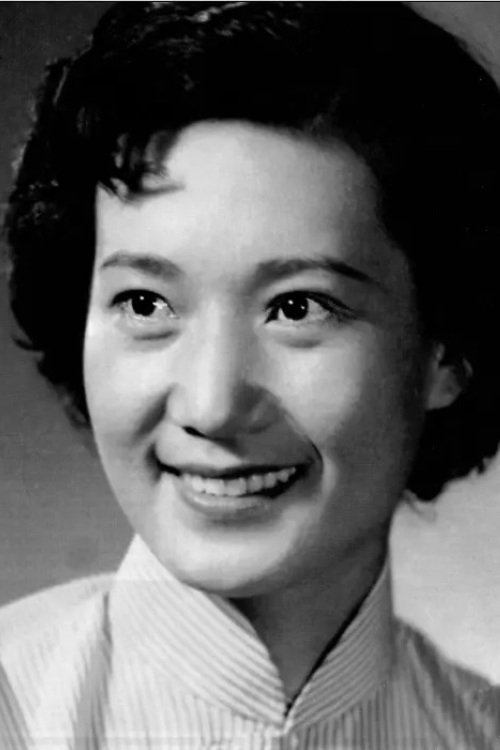
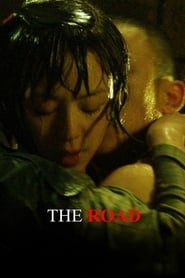 A young girl comes of age...
A young girl comes of age...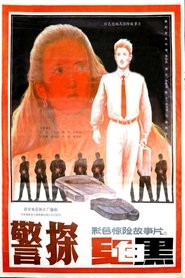
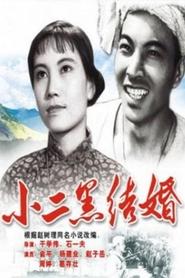 In Liujiajiao Village a border area...
In Liujiajiao Village a border area...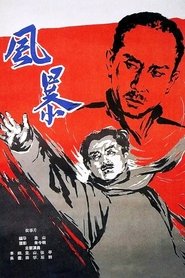 About the struggle of the Chinese...
About the struggle of the Chinese...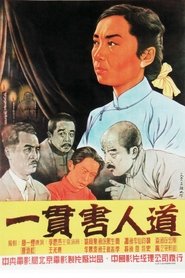 A family is persecuted by IKuan...
A family is persecuted by IKuan...